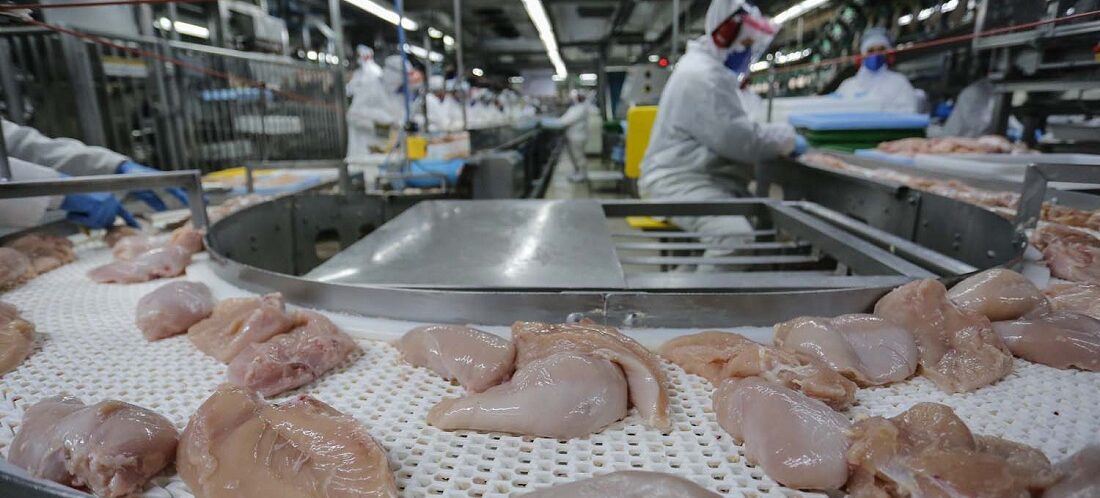
New animal welfare regulations in Europe set to affect Brazil poultry industry
Jun, 24, 2024 Posted by Gabriel MalheirosWeek 202426
Companies alongside over 30 non-governmental organizations within the European Union (EU) have jointly developed a comprehensive set of animal welfare regulations aimed at revolutionizing local chicken production by 2026. This initiative, known as the European Chicken Commitment (ECC), could potentially reshape the entire production landscape, with an estimated industry-wide adaptation cost exceeding 8 billion euros, impacting global trade patterns, of which Brazil is a significant player.
While the ECC isn’t legally binding, it has garnered support from more than 300 food companies across the EU, including major retail chains. These entities may opt to discontinue purchasing products that don’t meet ECC standards or prioritize those that do.
The European Association of Poultry Processors and Traders (Avec), representing the European poultry industry, anticipates a surge in local meat prices and a substantial increase in imports if the entire production chain is required to comply with ECC standards.
Opportunities and Challenges for Brazil
In this evolving landscape, countries like Brazil, Ukraine, and Thailand stand to enhance their competitiveness within the EU market. However, navigating these changes isn’t straightforward, as ECC compliance could also pose challenges for exporters.
Ricardo Santin, president of the International Poultry Council (IPC) and the Brazilian Animal Protein Association (ABPA), emphasized the importance of ensuring that ECC standards don’t inadvertently become trade barriers. While current ECC guidelines don’t mandate changes to the production systems of exporting countries, there’s a possibility that future requirements may demand equivalence in production standards, potentially hindering market access due to the associated costs of adaptation.
Advocates of the ECC, such as Compassion in World Farming, assert that chickens possess sentience and exhibit a range of emotional responses, underscoring the imperative to reform current poultry farming practices.
Key ECC Requirements
The ECC mandates various measures to improve animal welfare, including reducing maximum stocking densities to 30 kilos per square meter, using slower-growing breeds, providing ample space and cage-free environments, transitioning to gas or electric stunning methods during slaughter, and adhering to existing animal welfare legislation within the EU.
-
Other Cargo
Dec, 08, 2022
0
Brazil footwear exports total US$ 1.2 billion up to November
-
Ports and Terminals
Oct, 26, 2022
0
Trains bring 20.2% of all cargo handled in Parana ports
-
Economy
Aug, 24, 2020
0
Brazilian trade balance at US$1.3 billion surplus in third week of August
-
Other Cargo
Apr, 03, 2024
0
UPM Pulp Train Completes Inaugural Voyage, Delivers Cargo to Montevideo Port

